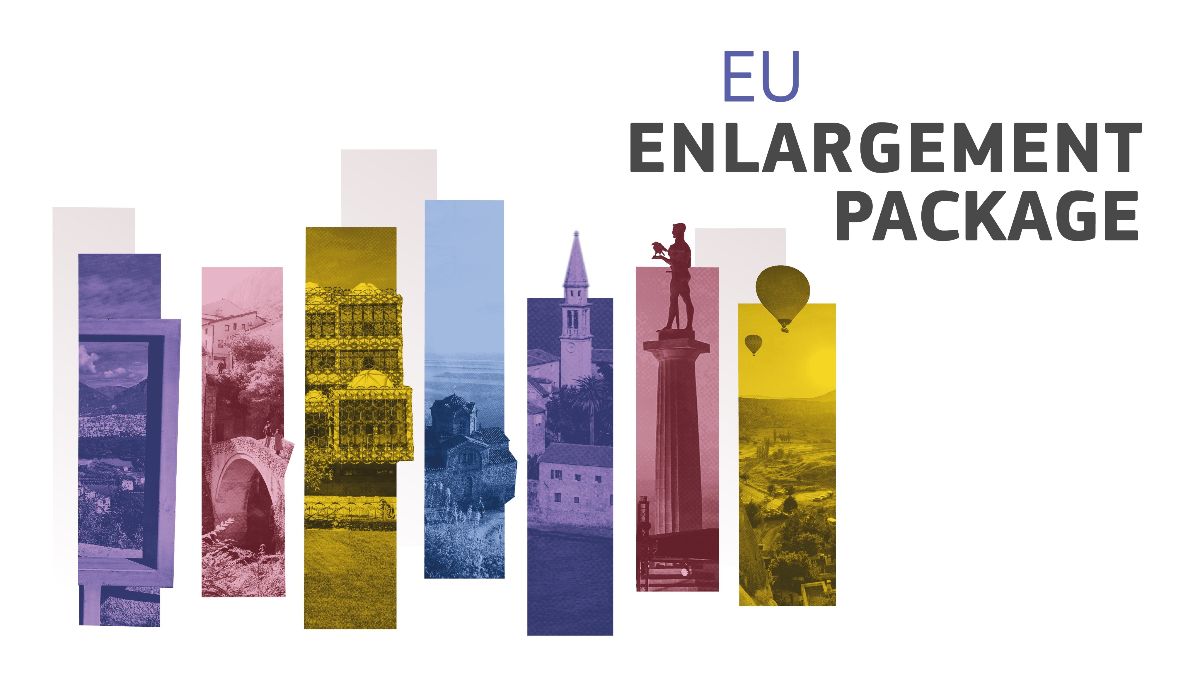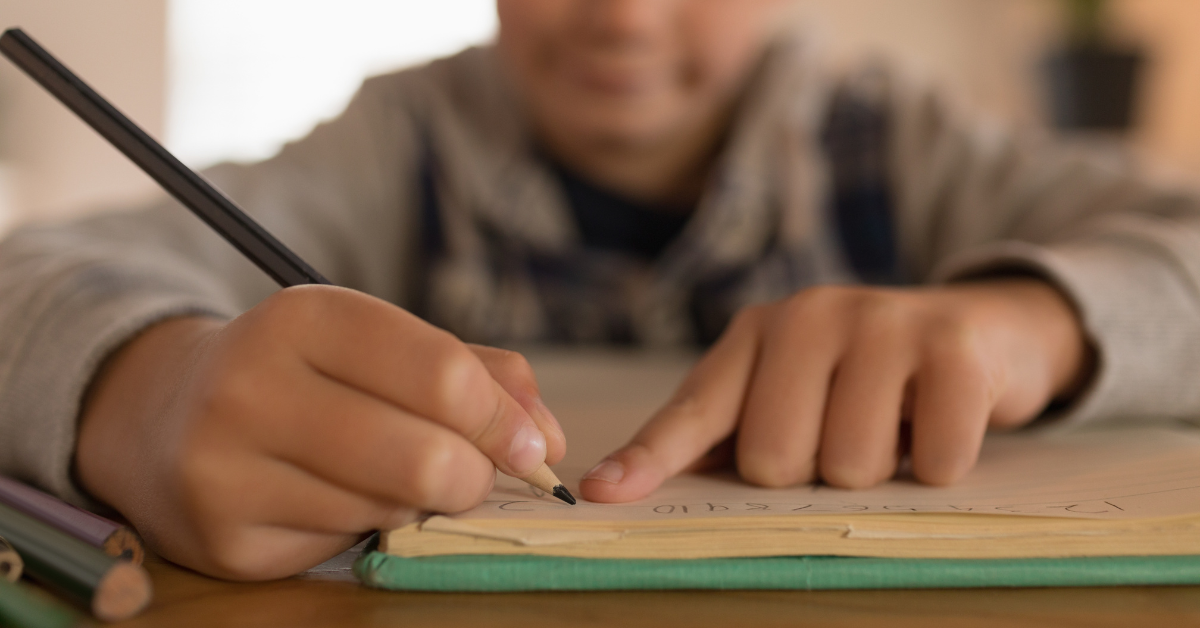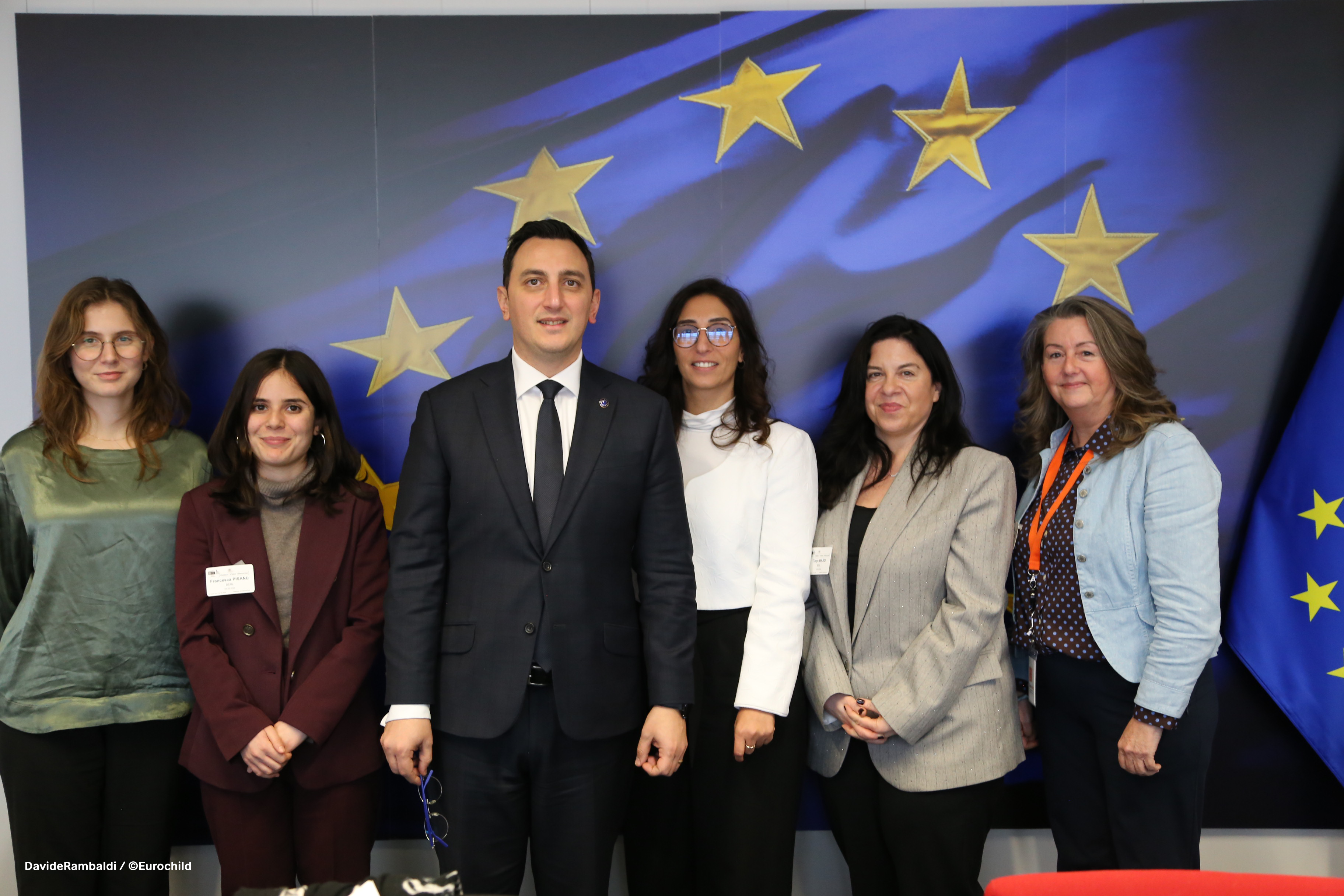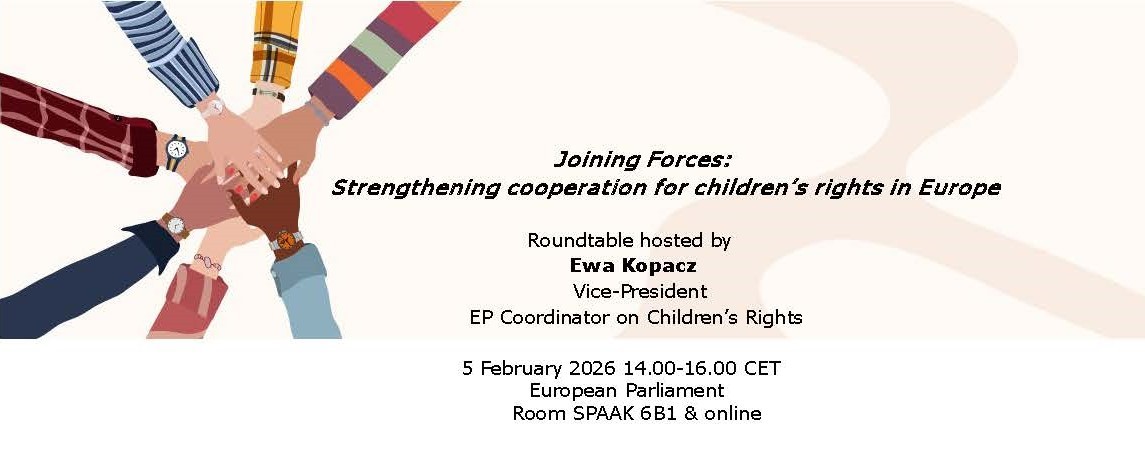EU Enlargement Package 2023- What are the challenges to uphold children’s rights in the EU accession countries?
As part of the 2023 Enlargement Package of the European Commission, Eurochild conducted a consultation with its members from Albania, Bosnia & Herzegovina, Kosovo, Moldova, Serbia, Türkiye and Ukraine to share their insights into the situation of children in the EU accession countries.
The Enlargement Package aims at providing a detailed assessment of the state of play and the progress made by the accession countries also in regard to upholding the human rights and children’s rights.
The information from these contributions feeds into an annual report presented by the European Commission that sheds an overview of the most pressing issues and how the progress towards EU accession is continuing. Hereby, the Eurochild contribution mostly complements the Chapter 23: Judiciary and fundamental rights. It is important to consider that there are large discrepancies in this regard, since Ukraine, Moldova and Georgia have only started the accession process in 2022, while the Western Balkans and Türkiye have been in the negotiation with the EU for several years. The European Commission will publish the progress reports for respective countries informed by this input in autumn 2023 to guide further accession process.
Among the countries that participated in the consultation on the 2023 Enlargement Package, we could identify several issues that have been an issue across the countries.
A particular problem is respecting children’s rights of the most vulnerable children including children from poor disadvantaged communities, children with disabilities, and children with ethnic or refugee background. The large numbers of children with disabilities are still living in the institutional care system and there is the lack of measures to actively promote deinstitutionalisation.
Another common observation among the Enlargement countries is the treatment of children in minorities and particularly Roma children as they are facing severe challenges across the countries. Many of our members have also shared that the situation for children experiencing offline and online violence is worsening and there are insufficient governmental measures to combat this problem.
As to the situation of children with disabilities, many of Eurochild’s members have highlighted a lack of data thereof as this would be a first necessary step to improvement. Additionally, many children with disabilities live in institutional care, as it is the issue in Serbia, Albania, Bosnia & Herzegovina and Ukraine. Governmental efforts are lacking in supporting children with disabilities, particular in care institutions, since there is a shortfall of financial and human resources that are aimed at helping the children. Moreover, the promotion of deinstitutionalisation programs should be a priority for the governments according to our members. While the progress on deinstitutionalisation varies across the countries from no strategy at all (Bosnia & Herzegovina) to existing plans that have not yet been implemented (Ukraine, Albania) more measures are needed in all the countries to help children and particularly children with disabilities to leave the institutional care system.
Another issue that has been raised by our members is the situation of Roma children. They belong to the most harmed groups of minorities as they are deprived of many basic needs. In Serbia for example, Roma children are experiencing material deprivation and are significantly disadvantaged in terms of access to the internet and usage of digital tools. Additionally, Roma children are involved in child marriages significantly more often than among the rest of the population. Moreover, Roma children are facing inequalities in the education sector, as they are the only minority not being allowed to be taught in Romani in schools in Kosovo. Access to early education and care is very limited, only 7% of children from the Roma population were enrolled in preschool in 2019 in Serbia.
In regard to children experiencing violence, a common point for our members has been the lack of child-friendly mechanisms on reporting violence and the problem that measures to prevent violence are not systemic to offer an overall improvement of the situation. That is the case for Albania, Kosovo, Moldova, Serbia and Ukraine. Hereby, reforms are needed that are aimed at developing programs to prevent and combat violence against children as well as promoting a culture of respect for children’s rights in all institutions.
This consultation is another good example of broadening the scope of stakeholders by civil society organisations, the child rights organisations in particular. Eurochild will continue to harness its membership in the EU processes such as the Enlargement Package consultation that have significant impact on the country’s public policy priorities.





